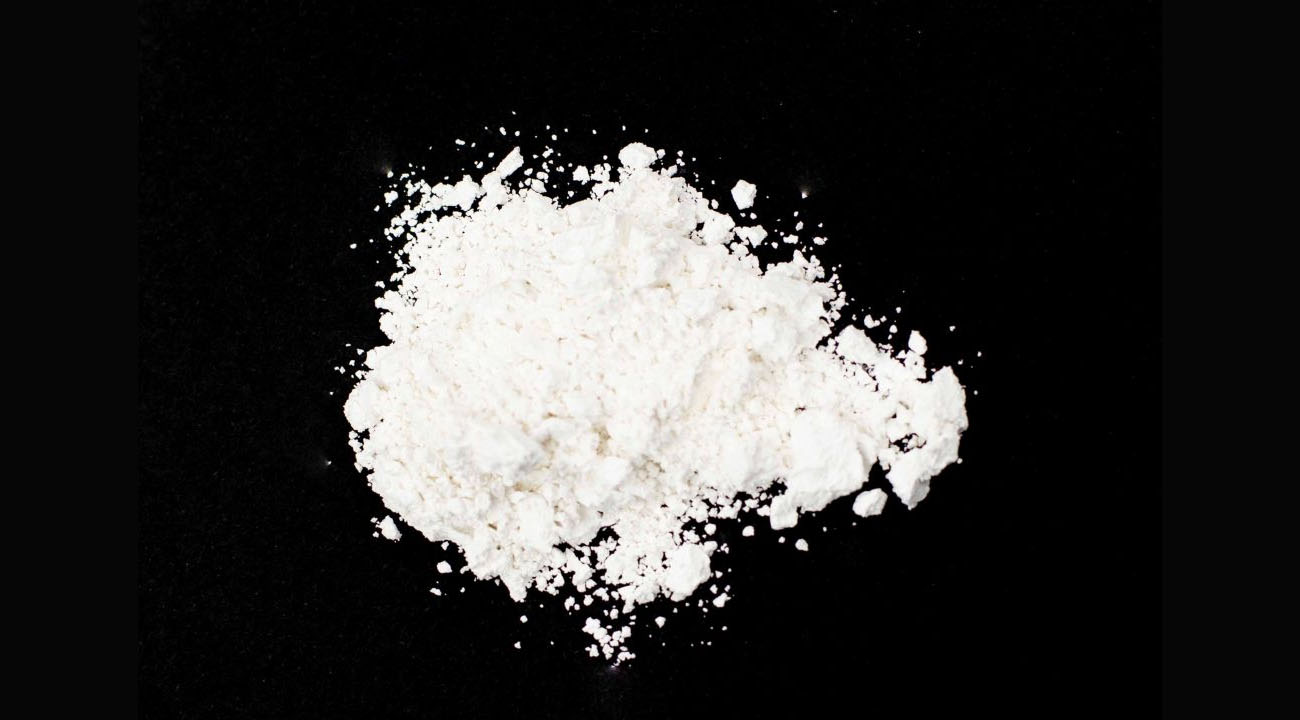Marble powder, also known as the finest marble waste, is composed of tiny marble particles that result from cutting and processing marble blocks and slabs in marble processing facilities. These particles are mostly smaller than 1 mm in size and are produced when cutting processes are performed with water, causing the waste to be directly mixed with water.
Marble waste is an environmentally friendly byproduct that does not disrupt the ecological balance, affect climate change, create air or water pollution, or contain radioactive materials. In the present day, it is used as a source of calcium in the feed for chickens and cattle. As a concrete additive, marble powder is employed due to its property of impermeability to liquids. Additionally, it is used in ceramic production, with the notable side effect of preventing any plant growth at the location where marble powder is deposited.
Calcium carbonate (marble powder) is extensively used in various industries such as marble, chalk, and limestone production. It is also utilized in PVC manufacturing and is a beneficial molecule in ceramic production.
The similarity between the chemical composition of marble and limestone, coupled with the very fine particle size of marble powder, has led to a preference for marble powder over lime in the improvement of fine-grained soils. Marble powder is used to control the swelling potential of clayey soils that can harm lightweight structures like water channels and road coverings when swelling occurs, thus enhancing the soil and preventing swelling.

